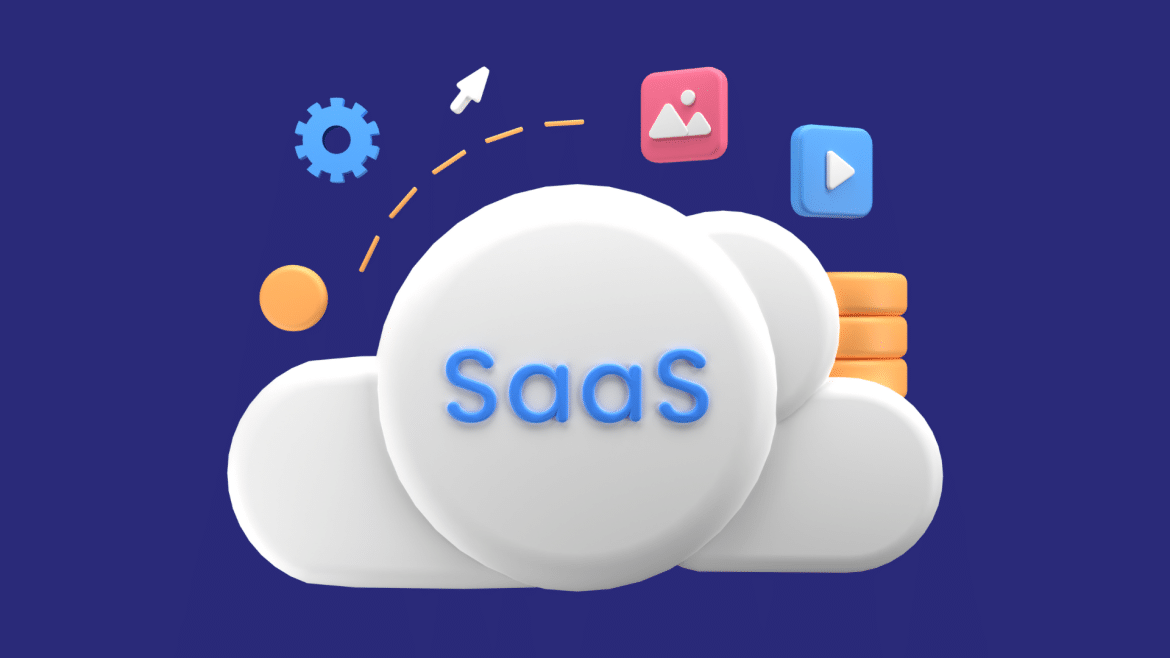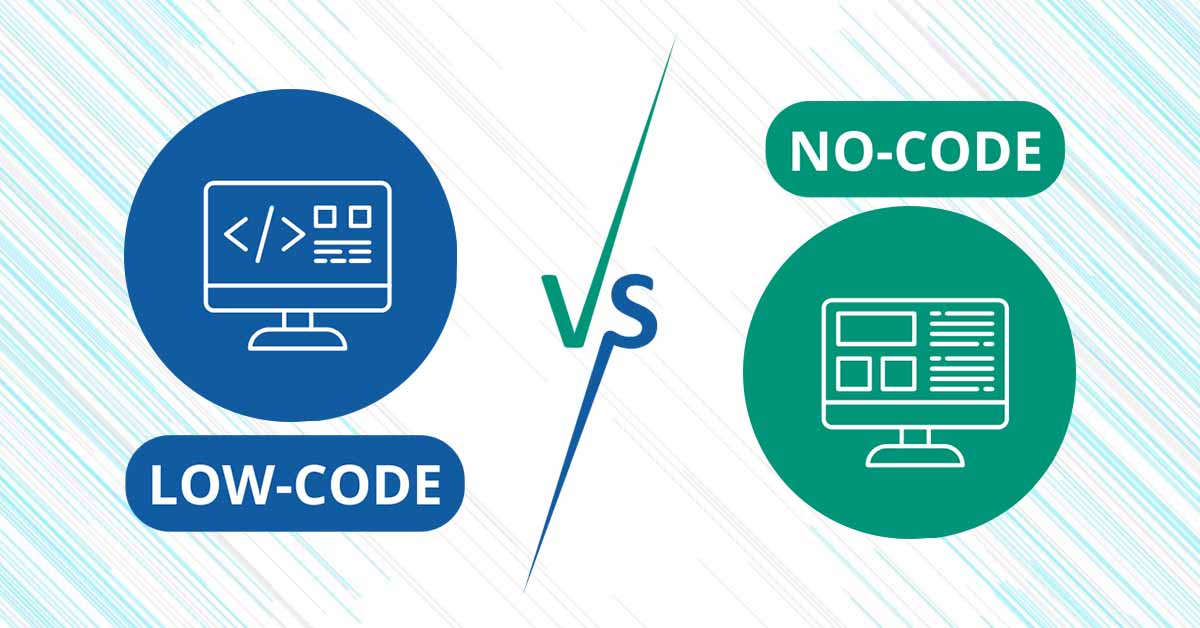By 2024–2025, the software as a service (SaaS) industry will change tremendously. This is reasonable, considering how fast consumer expectations and technology are evolving. In addition to other digital marketing strategies, businesses are increasingly utilizing social media and affiliate marketing. SaaS vendors are thus creating new ideas to remain competitive.
Digital marketing and SaaS working together open new opportunities for improving customer engagement and expediting processes. Growing in popularity as a powerful approach to broadening the audience of SaaS businesses is affiliate marketing.
Concurrently, social media’s broad influence transforms how SaaS companies interact by offering channels for quick feedback and customized advertising. This article provides an early look at how the main SaaS innovations expected to emerge in the next 24 months will affect digital marketing strategies and shape the industry’s future.
Trend 1: Increased Adoption of AI and Machine Learning
When used for search engine optimization, AI systems improve predictive analytics, content optimization, and keyword research. This helps the business and makes what customers want clear. AI-powered systems can look through huge amounts of data to find patterns and make changes to plans right away, which is good for companies’ SEO.
AI is changing email marketing by letting people get specific messages before they know they want them. Machine learning systems customize email ads. Email marketing works better when AI-powered machines send the right word to people at the right time.
AI helps content marketing by creating high-quality content, determining customers’ wants, and improving distribution. AI-generated content can also be tailored to specific groups, increasing lead generation by attracting and converting more prospects.
AI improves influencer marketing by finding the best fans and guessing how well a campaign will do. Using social media data can also evaluate influencers’ success and enhance partnerships, ensuring the highest ROI.
In general, AI and machine learning in SaaS and call center SaaS solutions are giving rise to new ideas in digital marketing. Email marketing, content marketing, influencer marketing, lead generation, and SEO are more effective, focused, and efficient.
Trend 2: Enhanced Security Measures
User data protection, trust-building, and safe interactions are top considerations in inbound marketing methods today. SaaS platforms use strong encryption and authentication to protect customer data, resulting in better brand loyalty and linkages.
Security is vital in B2B marketing because businesses want to protect sensitive data. Zero trust models and MFA help SaaS providers safeguard data sharing for businesses. These upgraded security features make secure SaaS solutions preferred for data protection and B2B client confidence.
Improved security influences behavioral grouping, a powerful marketing strategy. Due to stricter data privacy laws, SaaS systems safely capture and analyze user behavior. This ensures regulatory compliance while providing useful data for targeted marketing strategies.
Affiliate links are another security issue. Ensuring these links are secure and not offensive protects the business and its partners. Due to improved security, affiliate marketing is fraud-free.
Due to its broad use, mobile marketing requires strict security measures to protect user data on mobile devices. Secure mobile apps and encrypted data transfer build client trust and prevent unauthorized entry.
Improved security features in SaaS are changing inbound marketing, B2B marketing, behavioral segmentation, partner linkages, and mobile marketing. In the long term, this makes marketing safer and more reliable.
Trend 3: Rise of Industry-Specific SaaS Solutions
Growing industry-specific SaaS solutions will impact digital marketing. Many sectors benefit from these customized tools and features that boost efficiency.
Financial and healthcare SaaS email marketing tools provide industry-specific features. These solutions assure compliance with industry laws and tailor email ads to specific populations in those areas.
Industry-specific SaaS platforms with ad creatives, keyword recommendations, and market-specific selling strategies yield the best PPC results. These data improve pay-per-click (PPC) ads’ precision and ROI, helping organizations find target customers.
Lead generation companies use industry-specific SaaS solutions to streamline and improve operations. These tools let you target and nurture leads using industry-specific data and trends, boosting conversions and authorized leads.
Data analytics solutions for such businesses provide deep insights into sector-specific metrics. Firms can use accurate, relevant data from this concentrated approach to improve their strategies and judgments.
Lead-generating solutions for specific industries build custom workflows and automation based on industry best practices that interface with current systems and procedures—more effective and efficient lead generation results in better company outcomes.
Industry-specific SaaS solutions are revolutionizing digital marketing by improving email marketing, PPC advertising, lead generation, and data analytics.
Trend 4: Expansion of Low-Code/No-Code Platforms
Because low- and no-code platforms enable non-coders to build applications, they are revolutionizing SaaS. This is crucial in digital marketing, particularly where flexibility and speed are essential.
Low-code products from Phonexa boost lead generation and performance marketing. Marketers without computer skills may develop and manage advanced email marketing, call tracking, and other applications through the company’s platform. Companies can thus accomplish their lead generation goals and respond quickly to changes in the market.
At Mailcon, industry leaders emphasize the advantages of low-code and no-code platforms to enhance email marketing campaigns and marketing automation. Marketers can use these technologies to quickly develop and implement complex procedures and customized email sequences to increase interaction and conversion rates.
Low-code and no-code technologies offer performance marketing real-time monitoring, analysis, and effort improvement. Performance and ROI both increase when marketers can experiment and make rapid adjustments, and both performance and ROI increase.
The growth of low- and no-code platforms corresponds with marketing trends in efficiency, speed, and adaptability. Growing platforms allow companies of all sizes to innovate and keep ahead in the rapidly digital environment by making strong marketing tools accessible to everyone. This adjustment improves the marketing team’s performance and encourages industry innovation and experimentation.
Trend 5: Greater Focus on Customer Experience (CX)
Customer service must be excellent in B2B marketing strategies as well. Data-driven analytics, combined with CRM (Customer Relationship Management) systems, allow businesses to adapt to customer needs. This individualized approach creates trust and engagement.
VoIP technologies simplify customer communication, enhancing CX. Connecting VoIP to crm systems allows organizations to give more personalized and speedier service, which customers prefer.
Because affiliate program management is centered on the customer experience, affiliates receive the support and resources they need to succeed. Advanced affiliate link-tracking technologies provide real-time data that improves affiliate marketing. Such honesty helps lead to achievement and greater relationships.
Customer service must be excellent in B2B marketing strategies as well. Data-driven analytics allow businesses to adapt to customer needs. This individualized approach creates trust and engagement.
Better CX experiences are more focused and useful, helping lead generation marketing. Companies that know and predict client preferences might offer more appealing items and generate leads, increasing sales.
Businesses are altering their lead generation marketing, affiliate program management, B2B marketing, and VoIP integration strategies to emphasize customer experience more. You must provide an excellent client experience to develop and compete in SaaS.
Trend 6: Sustainability and Green SaaS
IT companies’ increased focus on sustainability and green SaaS shows a greater environmental responsibility. Businesses are using more eco-friendly methods to reduce their carbon footprint. The SaaS scene is changing.
Environmentally conscious decoding call tracking systems use energy-efficient data centers and maximize resources. Improvements to call tracking systems reduce environmental impact and increase reliability. Businesses in crowded regions like the 917 area code that must react to many calls quickly and effectively should follow these environmentally friendly processes.
Green businesses need a green online presence. Sustainable SaaS solutions help companies establish and manage their digital footprint with less environmental effect by using better data storage and renewable energy.
Green SaaS solutions offer useful green call and lead analytics for data-driven marketing. These solutions let firms assess lead generation and customer interactions, saving energy and boosting green marketing.
In addition to the environment, green SaaS solutions improve operational efficiency and brand reputation. Sustainable SaaS companies can attract environmentally conscious clients and enterprises.
The trend toward sustainability and green SaaS is changing how companies handle decoding call tracking, online presence, data-driven marketing, call analytics, and decoding call tracking to incorporate environmentally friendly practices into their business processes.
Bottom Line
Ultimately, a world that is continually evolving and adapting is shown by the projected SaaS trends for 2024–2025. The use of SaaS solutions by digital marketers is probably going to shift as low-code/no-code platforms and AI and machine learning gain popularity.
Furthermore, it demonstrates a commitment to tailored, efficient solutions that satisfy the needs of different groups and industries through the expansion of industry-specific SaaS solutions and the growing emphasis on customer happiness. These developments will help companies manage complex marketing settings and boost lead generation at the same time.
Green SaaS solutions are major market participants as environmental concerns grow in importance. These environmentally friendly technologies make decoding call tracking, managing online presence, and enhancing B2B performance marketing tactics possible.
The ongoing emphasis on performance marketing, which includes tracking affiliate links and using performance marketing channels, will result in targeted, data-driven marketing plans in both B2B and consumer sectors.
The ability of SaaS to adapt to evolving digital marketing demands will ultimately determine its viability in 2024 and 2025. These trends can help businesses remain ahead of the competition and discover fresh approaches to expand and succeed.





